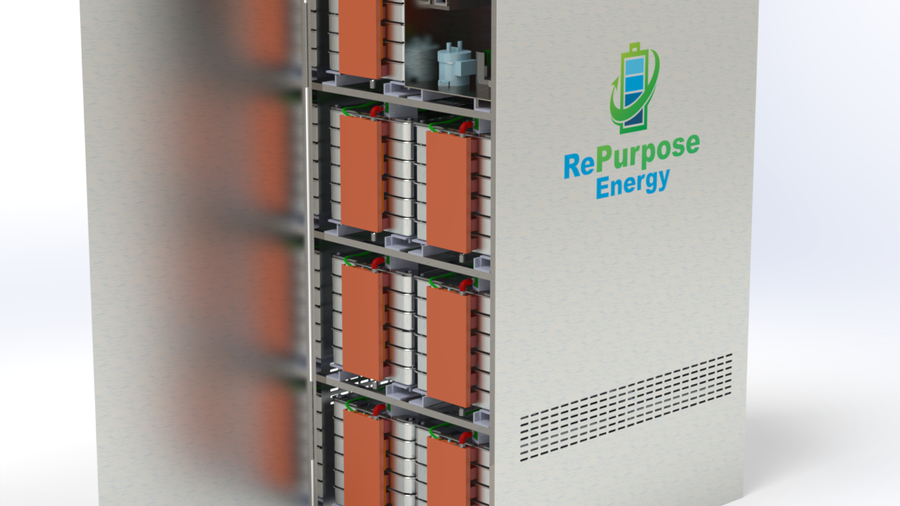Four local companies received grants of $150,000 from the California Energy Commission’s sustainable energy program.
Statewide, 25 grants were made for a total of $3.75 million as part of a competitive process. Locally, three of the grant recipients were in Davis and one was in Tahoe City.
The commission’s California Sustainable Energy Entrepreneur Development Initiative, or CalSEED, is meant to drive clean energy innovation and entrepreneurship, said spokesman Michael Ward. The companies are also eligible to compete for $450,000 in follow-on funding.
The three Yolo County companies are ZYD Energy Inc., Davis-based building efficiency company that optimizes electric water heating using a heat pump; DAE Technologies Inc., a Davis-based energy storage company that is working on a low-cost lithium carbon fluoride battery; and Davis-based RePurpose Energy Inc., an energy storage company working to create off-grid electric storage using retired electric car batteries.
The Tahoe City company is P-Kap Systems LLC, which makes a low-profile solar rooftop photovoltaic tracking system.
None of the companies were available for comment.
RePurpose Energy won $12,500 at the University of California Davis Big Bang! Business Competition in May, which came on the heels of the company winning $15,000 at the University of California Berkeley’s Big Ideas competition earlier this year.
RePurpose was started by Jae Wan Park, a professor in the UC Davis Department of Mechanical and Aerospace Engineering.
RePurpose takes used electric car batteries and bundles them with hardware and software to monitor and control temperature, balance, charge and other variables. The company is focusing on 10-kilowatt systems that are commercial in nature and paired with solar photovoltaic electrical generation.
Electric car owners tend to replace their battery packs when they lose about 20% of capacity, because that loss affects power output and decreases driving range, Park said in an earlier Business Journal interview. But that remaining 70% to 80% capacity is still a lot for energy storage. Energy storage is also a much lower power use than driving an electric motor, so even the used batteries have plenty of charge capacity. Park estimates the used batteries have about 2,500 cycles in them, which at about a cycle a day should be good for seven years.
As part of the CalSEED grant, the California Energy Commission’s Electric Program Investment Charge program also provides CalSEED recipients access to technical expertise, mentoring and business training.
